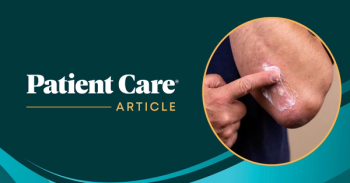
Do Tattoos Create a Poor Image?
I am seeing an increasing number of patients with tattoos, including radiationtattoos.
I am seeing an increasing number of patients with tattoos, including radiationtattoos. What precautions should clinicians take with regard to imaging studiesin patients with tattoos (of all types)? For example, is it possible to use MRI ina patient with tattoos?----Bonnie Faherty, PhD, APRN, BC, CM
Northridge, Calif
We often perform MRI scans on patients with tattoos.Tattoos are very safe in the magnetic field; however,2 minor problems may arise.First, tattoos occasionally contain small quantities ofmetallic fragments. These can distort the local magneticfield around the tattoo and cause loss of signal in that immediate area. However,this usually does not occur, and when it does, the loss of information istypically insignificant.Second, while a patient is within the scanner's magnetic field, the gradientsin the machine change in an attempt to acquire signal in the regionof interest. This can cause any metallic fragments in a tattoo to move back andforth; the movement is minimal but rapid--which can produce heat. Weinstruct patients to alert us if the region of a tattoo becomes warm, and if thishappens, the scanning is stopped. However, this phenomenon rarely occursand is not harmful to patients.----William Yaakob, MD
Assistant Professor of Radiology
Medical University of South Carolina
Charleston
Newsletter
Enhance your clinical practice with the Patient Care newsletter, offering the latest evidence-based guidelines, diagnostic insights, and treatment strategies for primary care physicians.

































































































































